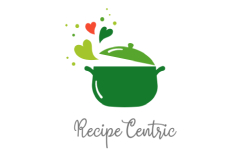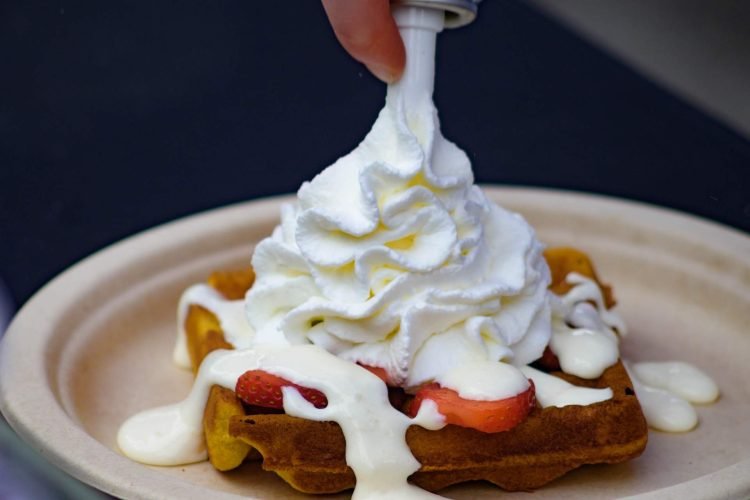Indulging in a luscious dollop of whipped cream atop a dessert is a delight that many of us cherish. However, for those who adhere to Halal dietary guidelines, the question arises: Is whipped cream Halal?
In this blog post, we will delve into the ingredients of whipped cream, examine potentially non-Halal additives, discuss the importance of verifying ingredient sources, explore non-Halal concerns, and provide guidance on how to ensure the Halal status of whipped cream.
Is Whipped Cream Halal or Haram?
Whipped Cream is halal in most cases. It typically comprises heavy cream, sugar, and flavorings (optional). Its simplicity lies in transforming these essential ingredients into a light and airy treat that complements a wide range of desserts.
However, when it comes to commercial whipped cream preparations, the usage of some ingredients may raise concerns regarding their Halal status. Two additives, in particular, warrant attention: Polysorbate 60 (E435) and Sorbitan monostearate (E491). Popular packaged whipped cream brands like Cool Whip often use these. The Halal or Haram classification of these additives depends on their source.
- Polysorbate 60: This food additive acts as an emulsifier, ensuring a stable texture in processed foods. It is created by combining sorbitol, ethylene oxide, and lauric acid. It is considered Halal if it is sourced entirely from plant fat. However, if derived from pork fat, it is deemed Haram.
- Sorbitan monostearate: Another additive used to maintain texture and consistency, Sorbitan monostearate is derived from sorbitol and stearic acid. Similar to Polysorbate 60, its Halal status depends on the source. It is considered Halal if sourced solely from plant fat but becomes Haram if derived from pork fat.
To ensure the Halal compliance of whipped cream, it is crucial to verify the source and Halal status of each ingredient.
One reliable way to ensure Halal status is to look for recognized Halal certification symbols or labels on the packaging. These labels indicate that the product has undergone thorough scrutiny by Halal certification bodies.
Moreover, researching the ingredient can also shed light on the Halal compliance of specific brands. If any uncertainties persist, contacting manufacturers directly for clarification can provide valuable insights into their ingredient sourcing and manufacturing processes.
Is Homemade Whipped Cream Halal?
Homemade whipped cream is indeed halal, provided that you stick to the key ingredients. By using basic ingredients such as sugar and heavy cream, you can create a delicious and halal whipped cream.
While some individuals enjoy enhancing the flavor of their whipped cream with various additions, it is important to be mindful of the source of these flavorings. Opting for plant-based flavorings ensures that they align with halal requirements. Examples of plant-based flavorings include vanilla extract derived from vanilla beans or other natural extracts obtained from halal-certified sources.
Additionally, it is crucial to avoid using any alcohol-based extracts or flavorings when preparing halal whipped cream. Such extracts, often derived from alcoholic beverages, can render the cream non-halal. Instead, choose alternative halal-friendly options or consider making your own extracts using permissible ingredients.
By following these guidelines, you can enjoy homemade whipped cream that is not only delicious but also adheres to halal principles.
Also read: How Many Cups Are in a Pint of Heavy Cream?
Conclusion
The Halal status of whipped cream depends on various factors, such as ingredient sourcing, manufacturing practices, and cross-contamination risks. Verifying Halal certification labels, conducting ingredient research, and seeking guidance from trusted Halal certification authorities are essential steps in ensuring Halal compliance with whipped cream.
By making informed choices and being diligent in ingredient selection, individuals can enjoy the delightful indulgence of whipped cream while staying true to their dietary preferences and beliefs.







